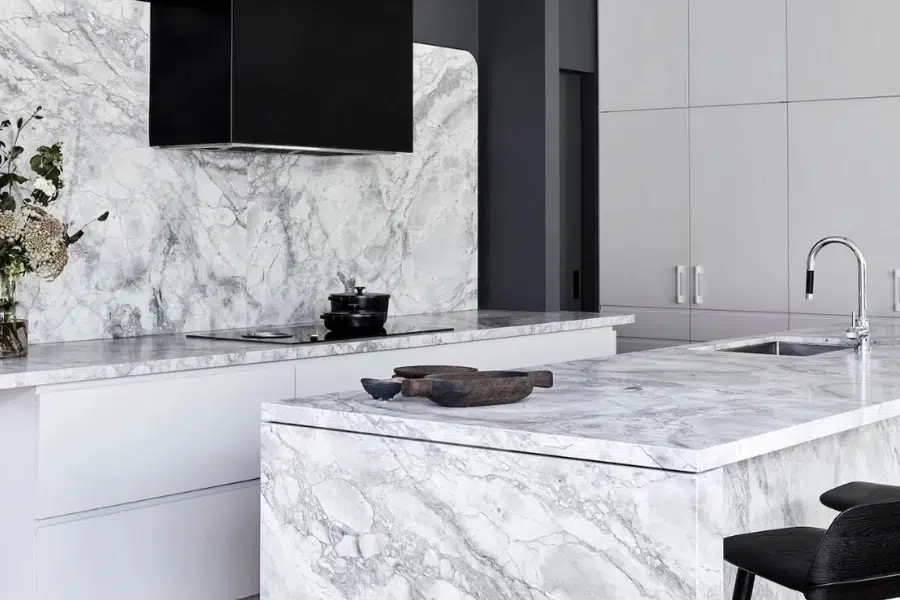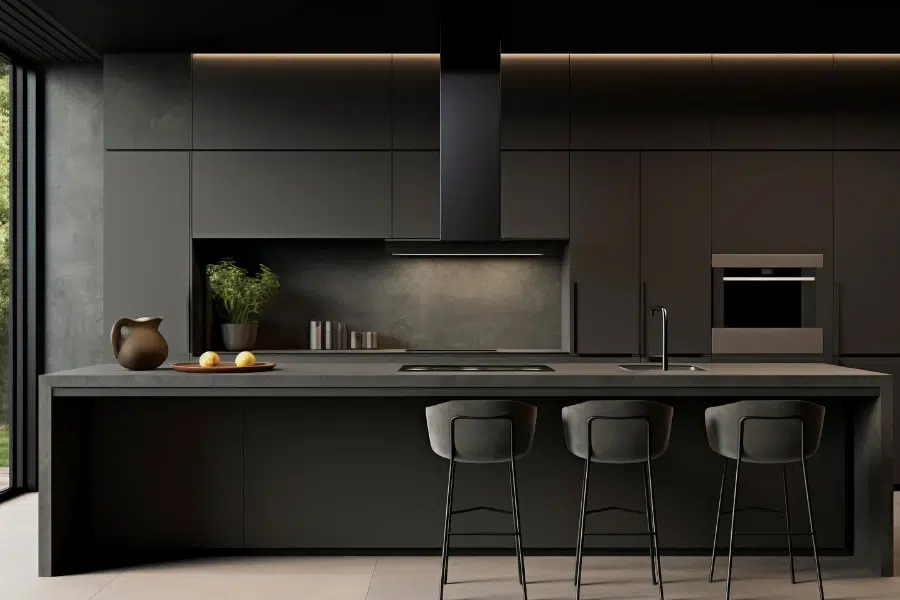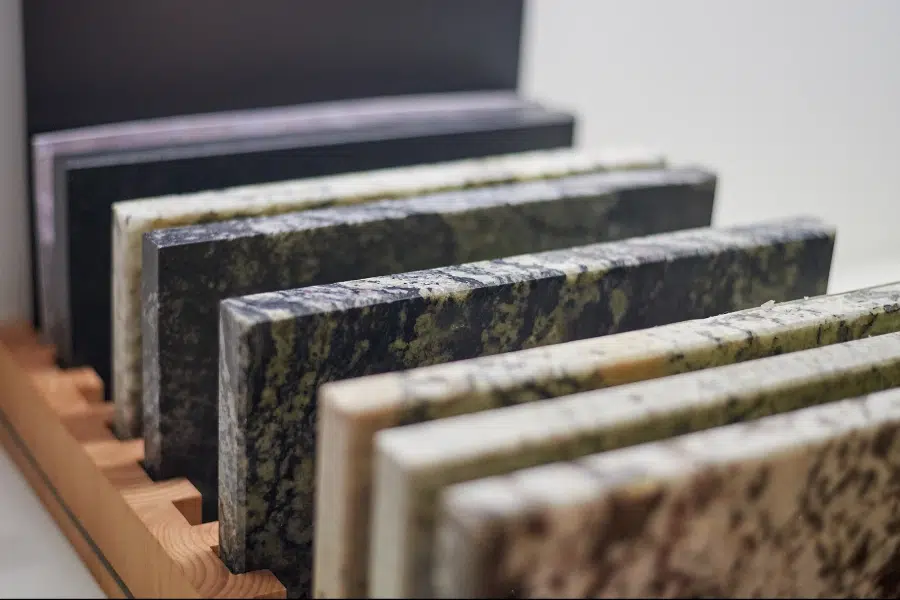What Are the Best Natural Stones for High-Traffic Commercial Areas?
Choosing appropriate natural stone for commercial high-traffic areas helps with durability, aesthetic appeal, and comfort in maintenance. The high-traffic zones of commercial spaces require a material that is able to bear continuous usage without compromising on either aesthetic value or integrity. Natural stones, particularly granite, marble, and limestone, constitute an ideal solution for this due to their strength and timeless beauty. This guide will look into more appropriate natural stones for high-traffic commercial areas, and essential considerations to keep in mind before choosing them.
Top Natural Stone Options for High-Traffic Commercial Areas
Granite
Granite is famous for its classically firm and highly resistant quality, which suits heavy-duty commercial uses. Granite slabs are present in a very wide range of colorations and patterns that can enhance any type of design scheme at your commercial location. In addition to this, granite remains impervious to staining and scratching and therefore will always retain its pristine look, no matter how heavy the wear.
Marble
Limestone
Travertine

Find the Perfect Stone for
Your Project
Factors to Consider When Choosing Natural Stone for Commercial Areas
Durability
Maintenance Requirements
Aesthetics
Cost
Application
The intended application should also include the choice of stone. For instance, Natural Stone Vanity Tops are applied in commercial bathrooms and reception areas, as this application requires beauty along with durability. Granite Flooring is appropriate for lobbies and hallways, that is, high-traffic areas. Determining the demands of each area ensures that the stone selected will function as well as it looks.
Slip Resistance
Environmental Impact
Compatibility with the Existing Infrastructure
Conclusion
In this regard, the best natural stone for high-traffic commercial spaces will have to be selected based on durability, maintenance, aesthetics, and cost. Granite slabs, marble, limestone, travertine, and slate, each with its own unique benefits, make them very suitable for many various commercial applications. These stones can provide an effective and attractive solution, even in the busiest environments, so long as they are well cared for. Installation of natural stone in high-traffic areas adds beauty to the space while at the same time allowing long-lasting performance. With a full understanding of the varying properties of each stone, you will be able to make a decision based on your commercial needs.
Frequently Asked Questions (FAQs)
What is the most resistant natural stone for commercial use?
How often should natural stone be sealed in high-traffic areas?
What kind of care does one take to maintain natural stone in commercial spaces?
Is natural stone an environmentally-friendly material?
Which of these natural stones is the most slip-resistant?
Natural Stone Slab Supplier
Avant Stone brings together 20 years of stone industry experience to provide you with a range of globally sourced stone slabs including Marble slabs, Granite slabs and Quartzite Slabs.
We aim provide you quality service and distinctive stone products for your home or your commercial space. Avant Stone is the premier Stone Supplier of Granite, Quartzite and Marble slabs in Sydney.
Our showroom is located centrally in Greenacre, a mere 20 minutes from Sydney & Parramatta CBD.
Give us a call: 0298170037
Email us at: info@avantstone.com.au



